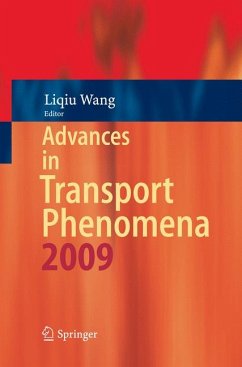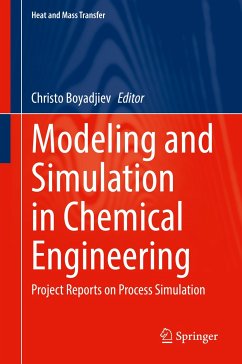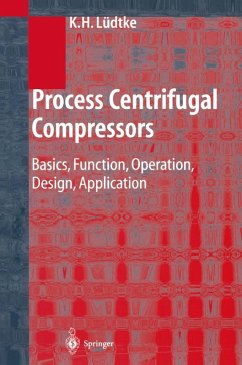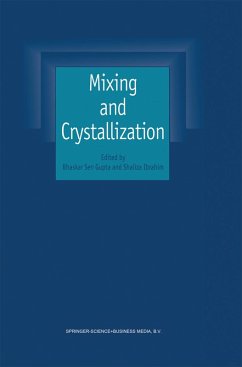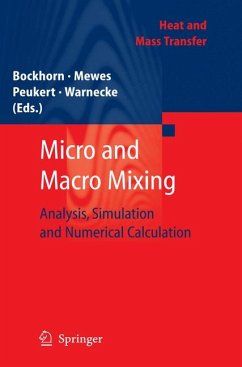
Micro and Macro Mixing (eBook, PDF)
Analysis, Simulation and Numerical Calculation
Redaktion: Bockhorn, Henning; Warnecke, Hans-Joachim; Peukert, W.; Mewes, Dieter
Versandkostenfrei!
Sofort per Download lieferbar
167,95 €
inkl. MwSt.
Weitere Ausgaben:

PAYBACK Punkte
84 °P sammeln!
The homogenization of single phase gases or liquids with chemical reactive components by mixing belongs to one of the oldest basic operations applied in chemical engineering. The mixing process is used as an essential step in nearly all processes of the chemical industry as well as the pharmaceutical and food ind- tries. Recent experimentally and theoretically based results from research work lead to a fairly good prediction of the velocity fields in differend kinds of mixers, where as predictions of simultaneously proceeding homogeneous chemical re- tions, are still not reliable in a similar ...
The homogenization of single phase gases or liquids with chemical reactive components by mixing belongs to one of the oldest basic operations applied in chemical engineering. The mixing process is used as an essential step in nearly all processes of the chemical industry as well as the pharmaceutical and food ind- tries. Recent experimentally and theoretically based results from research work lead to a fairly good prediction of the velocity fields in differend kinds of mixers, where as predictions of simultaneously proceeding homogeneous chemical re- tions, are still not reliable in a similar way. Therefore the design of equipment for mixing processes is still derived from measurements of the so called "mixing time" which is related to the applied methods of measurement and the special - sign of the test equipment itself. The cooperation of 17 research groups was stimulated by improved modern methods for experimental research and visualization, for simulations and nume- cal calculations of mixing and chemical reactions in micro and macro scale of time and local coordinates. The research work was financed for a six years period within the recently finished Priority Program of the German Research Foundation (DFG) named "Analysis, modeling and numerical prediction of flow-mixig with and without chemical reactions (SPP 1141)". The objective of the investigations was to improve the prediction of efficiencies and selectivities of chemical re- tions on macroscopic scale.
Dieser Download kann aus rechtlichen Gründen nur mit Rechnungsadresse in A, B, BG, CY, CZ, D, DK, EW, E, FIN, F, GR, HR, H, IRL, I, LT, L, LR, M, NL, PL, P, R, S, SLO, SK ausgeliefert werden.







